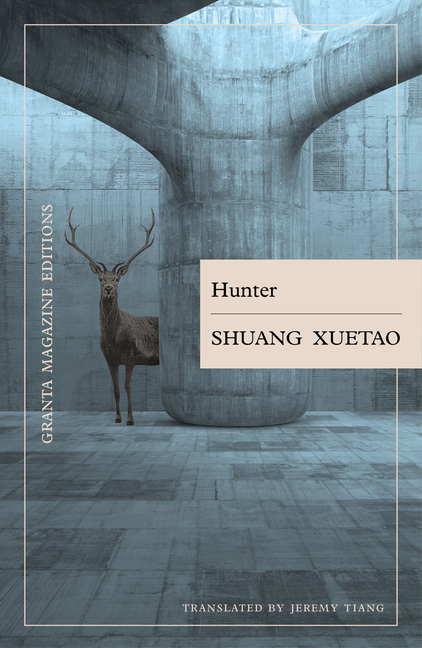In what might be read as a transitional work, Shuang showcases his literary ambitions beyond Northeastern China. As he experiments with unfamiliar genres, he does not abandon the spirit of the Dongbei Renaissance: alienation, abandonment, and the struggle with the all-too-powerful concept of destiny ... Shuang’s first-time readers will notice his unique style, in the iconic Dongbei accent that standard Mandarin speakers may find curt, playful, stoic, and at times theatrical. His prose remains equally compelling in English thanks to Jeremy Tiang’s masterful translation that preserves the Dongbei linguistic texture ... Many words exclusively used in Dongbei cannot be directly translated, yet Tiang recreates their collective effect with simple, evocative English verbs. In Tiang’s translation, the extraordinary verb variety of English becomes the tailormade antidote for its relative shortage of diverse idioms and interjections compared with Chinese. Tiang allows readers to build trust with Shuang as a Dongbei-raised, Beijing-based writer who tells heart-felt stories with abundant humor and little outwardly emotional display. Even in passages least relevant to the plots and characters, readers still get to relish the linguistic collaboration between the flagbearers of Dongbei literature and contemporary Sinophone translation ... Shuang’s magical realism, on the other hand, contrasts with the unmagical realist settings of his stories and thus captures his protagonists’ confinement ... As Shuang creates a thrilling reading experience within a tight narrative space, he continues to demonstrate the strength that has won him praise: a sensitivity to neglected voices, voices muted by mainstream discourses and slowly washed away from the nation’s collective memory. ... If Shuang’s early projects are stories, then Hunter may be called a collection of immersions, journeys, or even departures.
Read Full Review >>

